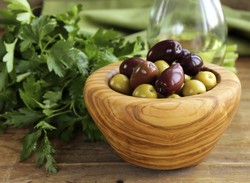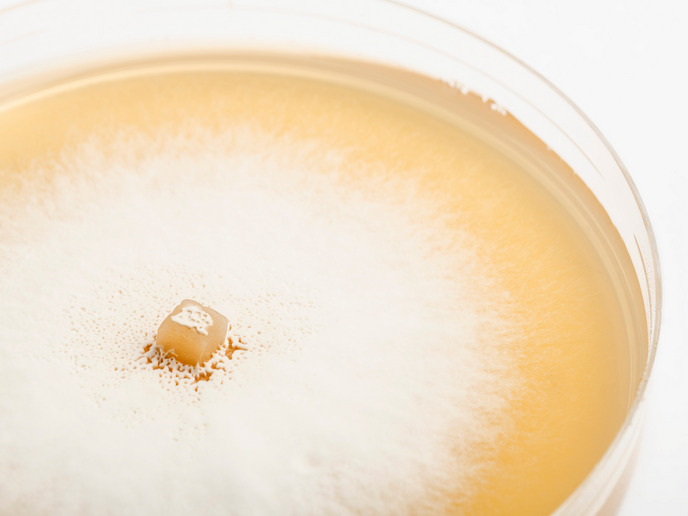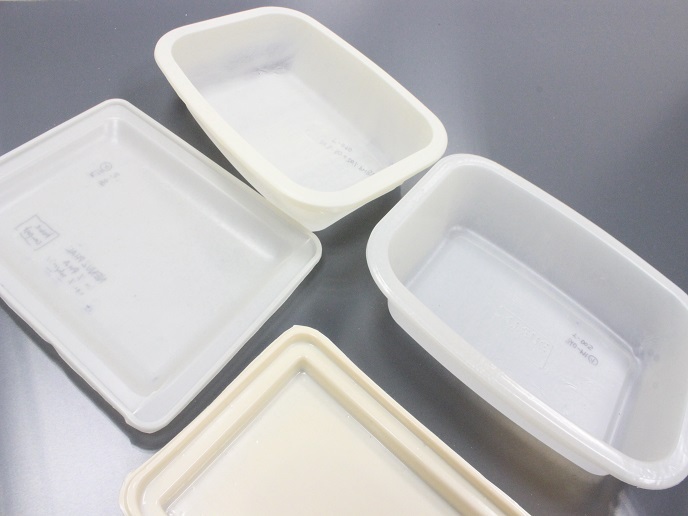New and improved olives
Olives are nutritious, protect the heart, improve memory, can control appetite and are delicious in a wide range of dishes. Olive processing involves fermentation to enhance taste and improve preservation. The EU-funded PROBIOLIVES (Table olive fermentation with selected strains of probiotic lactic acid bacteria. Towards a new functional food) initiative worked to hone the biochemistry of the fermentation process to make the olive an even more functional food. Using specially selected strains of bacteria, the researchers added microbes that act as probiotics to improve consumer health. PROBIOLIVES focused on lactic acid bacteria (LAB), the main microbes responsible for natural fermentation of olives. Partners in Greece, Italy, Portugal, Spain and Tunisia selected 10 optimal LAB strains. PROBIOLIVES developed modelling tools to simulate fermentation using the selected strains along with other predictive models for assessing the risk of pathogen survival. Project partners also tested different packaging systems. The researchers confirmed that the probiotic strains survived in adequate numbers in the final product. Consumer perception and market studies showed that the probiotic olives were well accepted. PROBIOLIVES showed that most consumers would buy the final product. The most useful LAB strains can now be included in EU food safety trials. The researchers tested the packaging and storage systems to ensure the survival of these unique strains and the overall quality of the final product on the shelf. PROBIOLIVES successfully scaled up from lab to industrial level for certain strains, including the validation of one strain of Lactobacillus pentosus. The work of PROBIOLIVES has led to tastier and healthier olives, and promises a more competitive European olive industry.
Keywords
Olive, olive processing, fermentation, PROBIOLIVES, lactic acid bacteria, functional food







